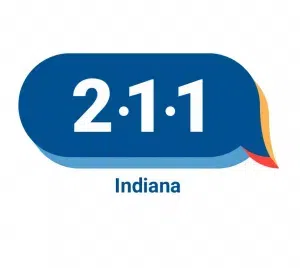Do you ever feel like a fraud? You aren’t alone! In the late 1970s two researchers identified “imposter syndrome” as the condition of doubting one’s skills, talents, or abilities and interpreting ourselves as a fraud. Even successful and brilliant people struggle with inadequacy, worrying that if anyone peeked behind the curtain of their lives, they’d see how much they don’t know.
Paul exhorts the people of the first-century church in Rome to be humble. “Do not think of yourself more highly than you ought, but rather think of yourself with sober judgment” (Romans 12:3). We understand the importance of not elevating our abilities. But when we doubt our own value, we go too far, robbing others of the gifts God wants us to use to serve Him. To think of ourselves with “sober judgment” (v. 3) is to have a sane estimation—a realistic regard—for what we offer. Paul nudges us to overcome our hesitancies, to embrace who we are “in accordance with the faith God has distributed to each of you” (v. 3). In this way, God’s body of believers may be built up (vv. 4–8).
Rather than degrading our offerings with imposter syndrome, let’s embrace God’s giftings within us. By gratefully accepting God’s grace, we can think neither too highly nor too lowly of ourselves. In doing so, we please our Father and build up His body of believers.









